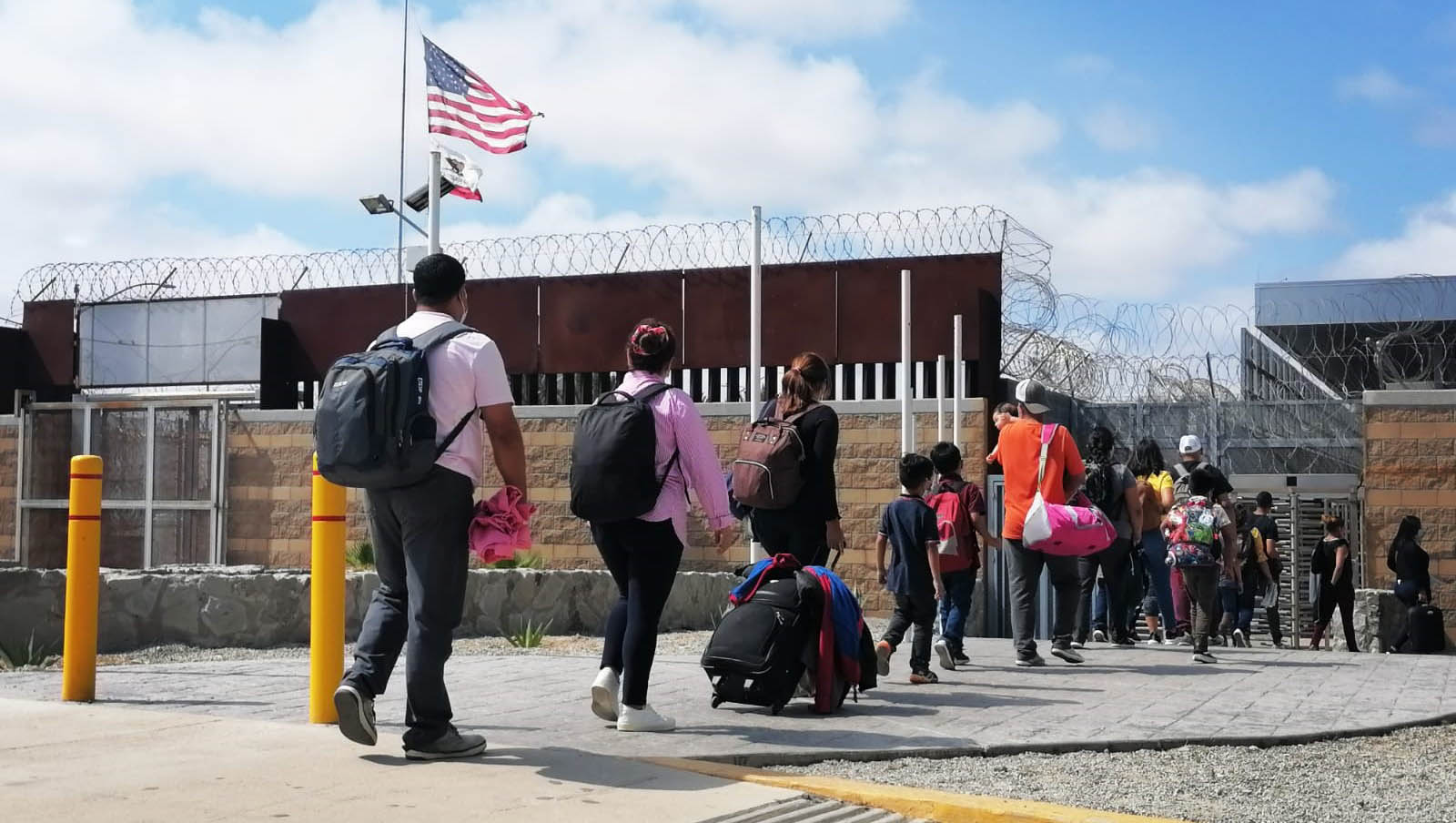Topic: Mexico
51 results
Nov 8, 2023
For Asylum Seekers, CBP One App Poses Major Challenges

Jul 27, 2023
Beyond the Border: The Regional Effects of the U.S. Asylum Ban
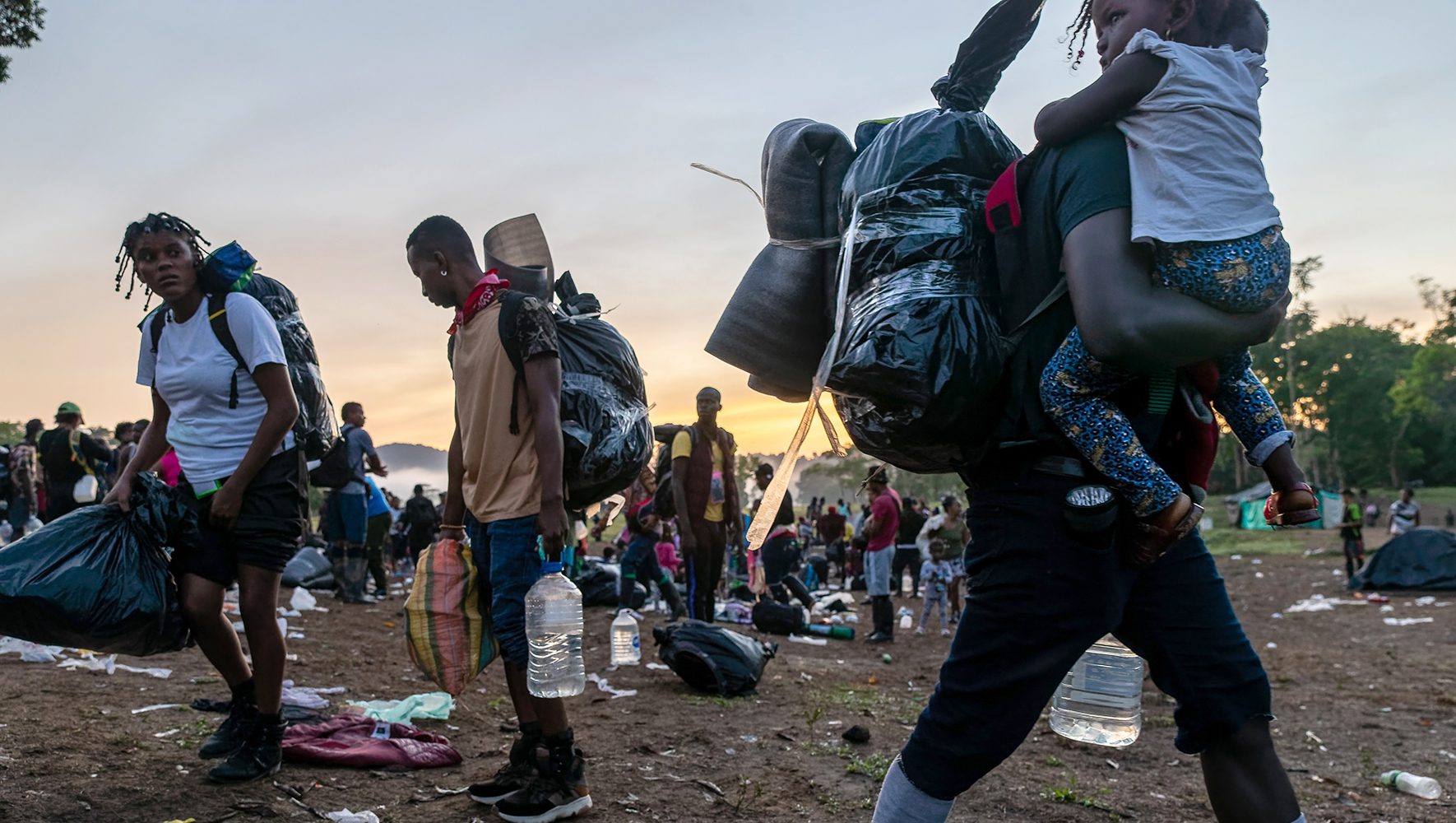
Jun 30, 2023
World Refugee Day: A Global Look Back

May 10, 2023
The End of Title 42: Five Key Takeaways
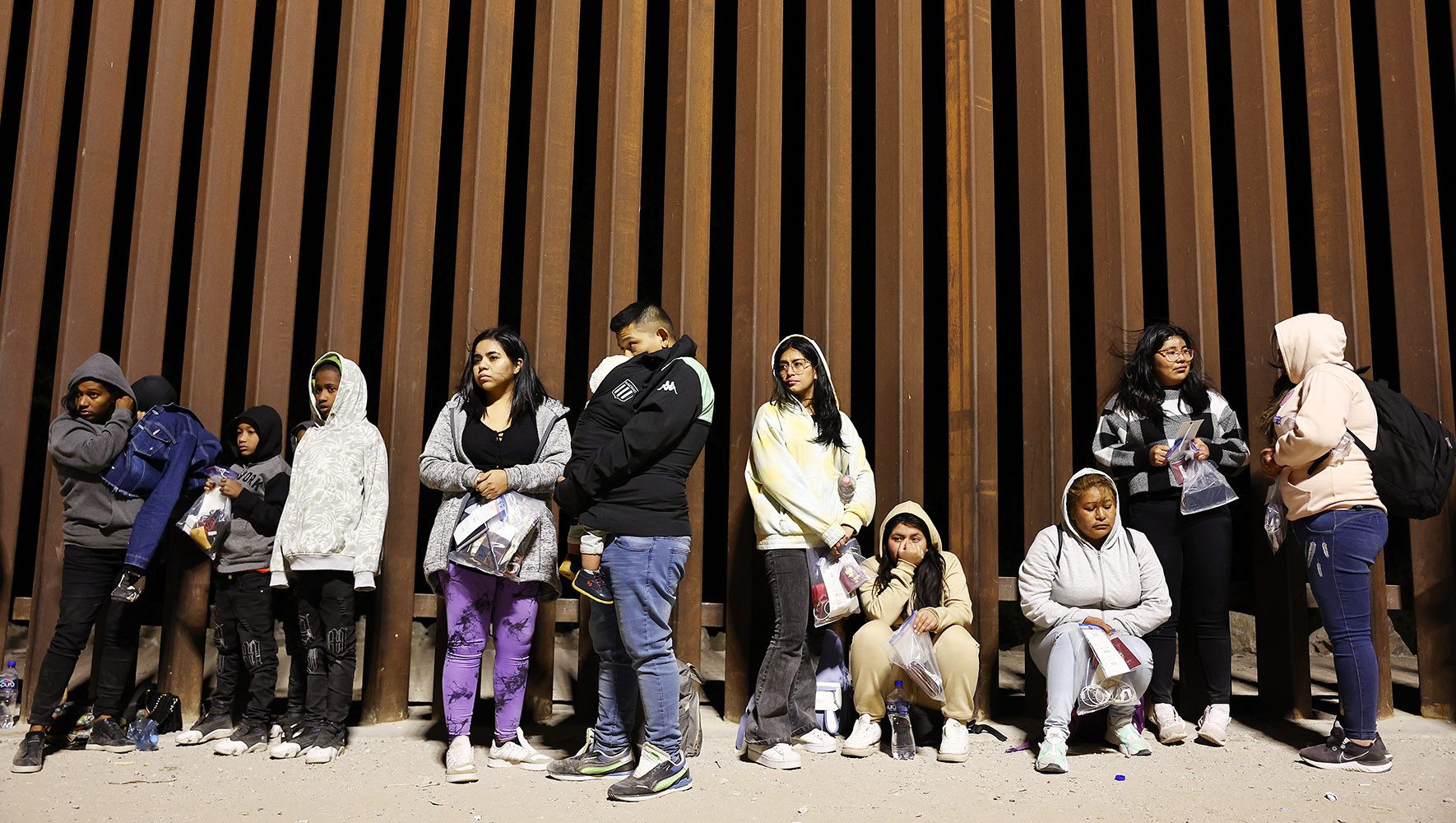
Mar 30, 2023
Tragedy Illustrates Brutal Treatment of Mexico’s Migrants
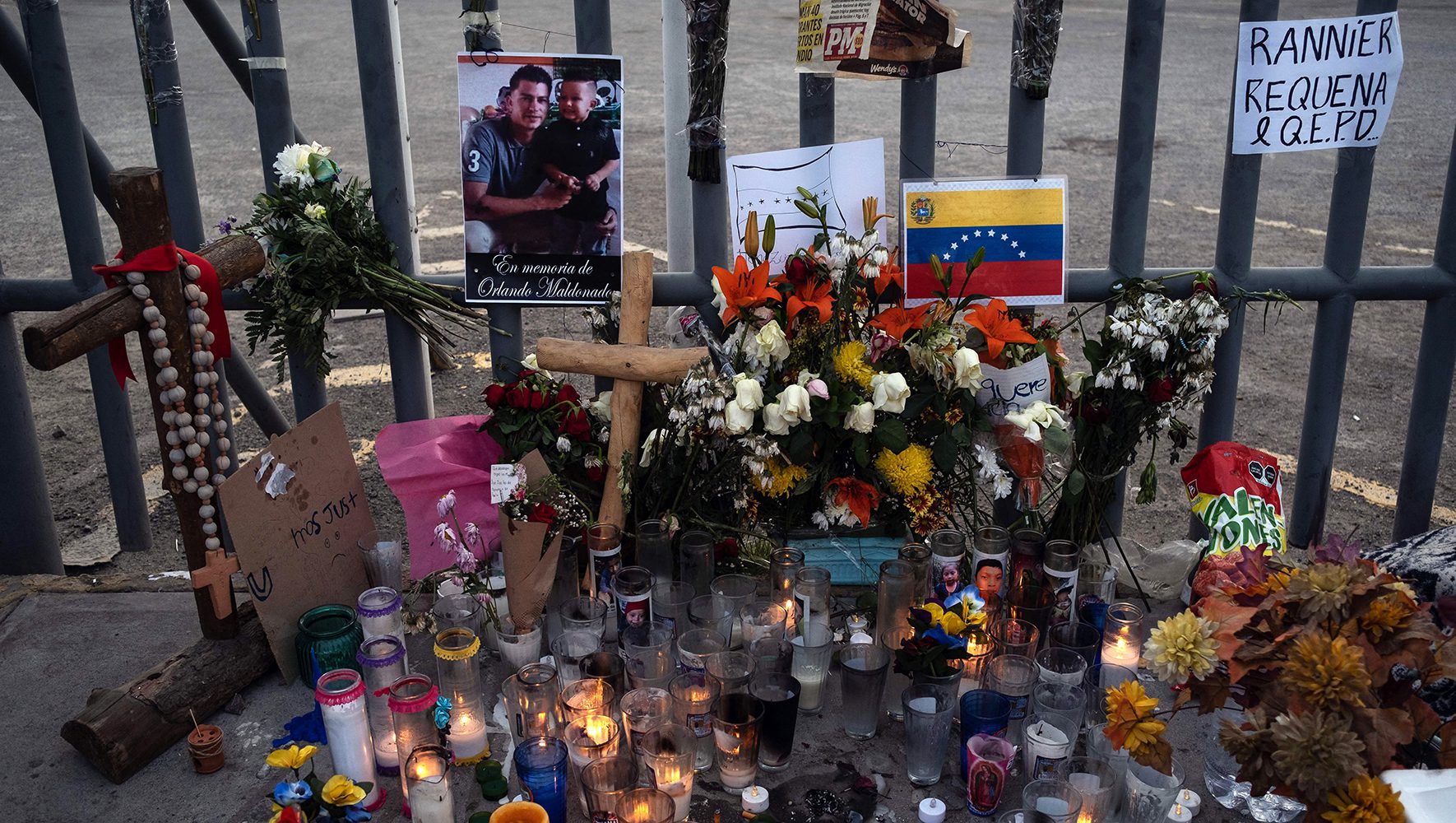
Mar 28, 2023
Deadly Fire Puts Spotlight on U.S.-Mexico Border Concerns
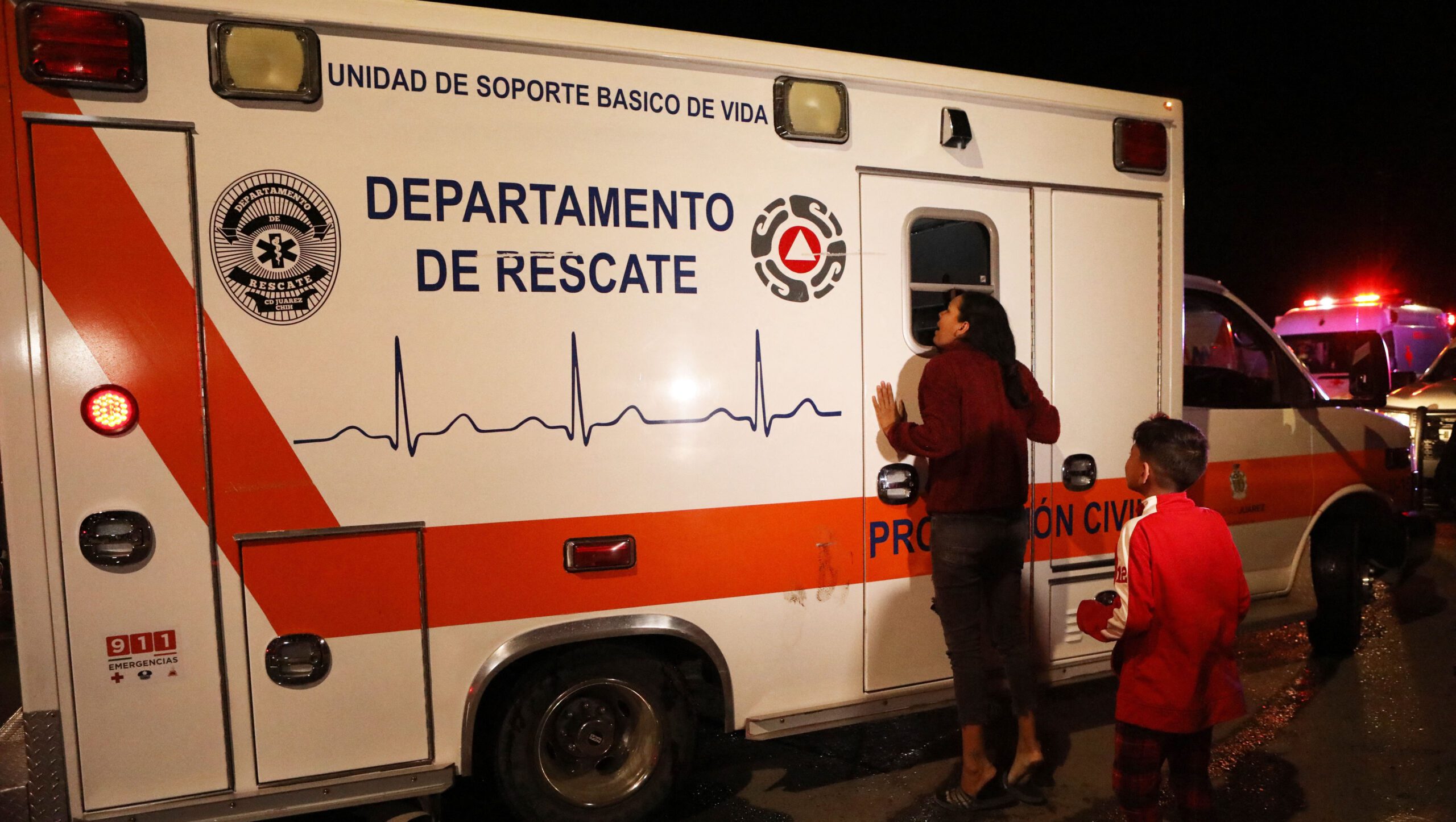
Mar 28, 2023
HIAS Mourns Loss of Life in Ciudad Juárez Migration Center Fire
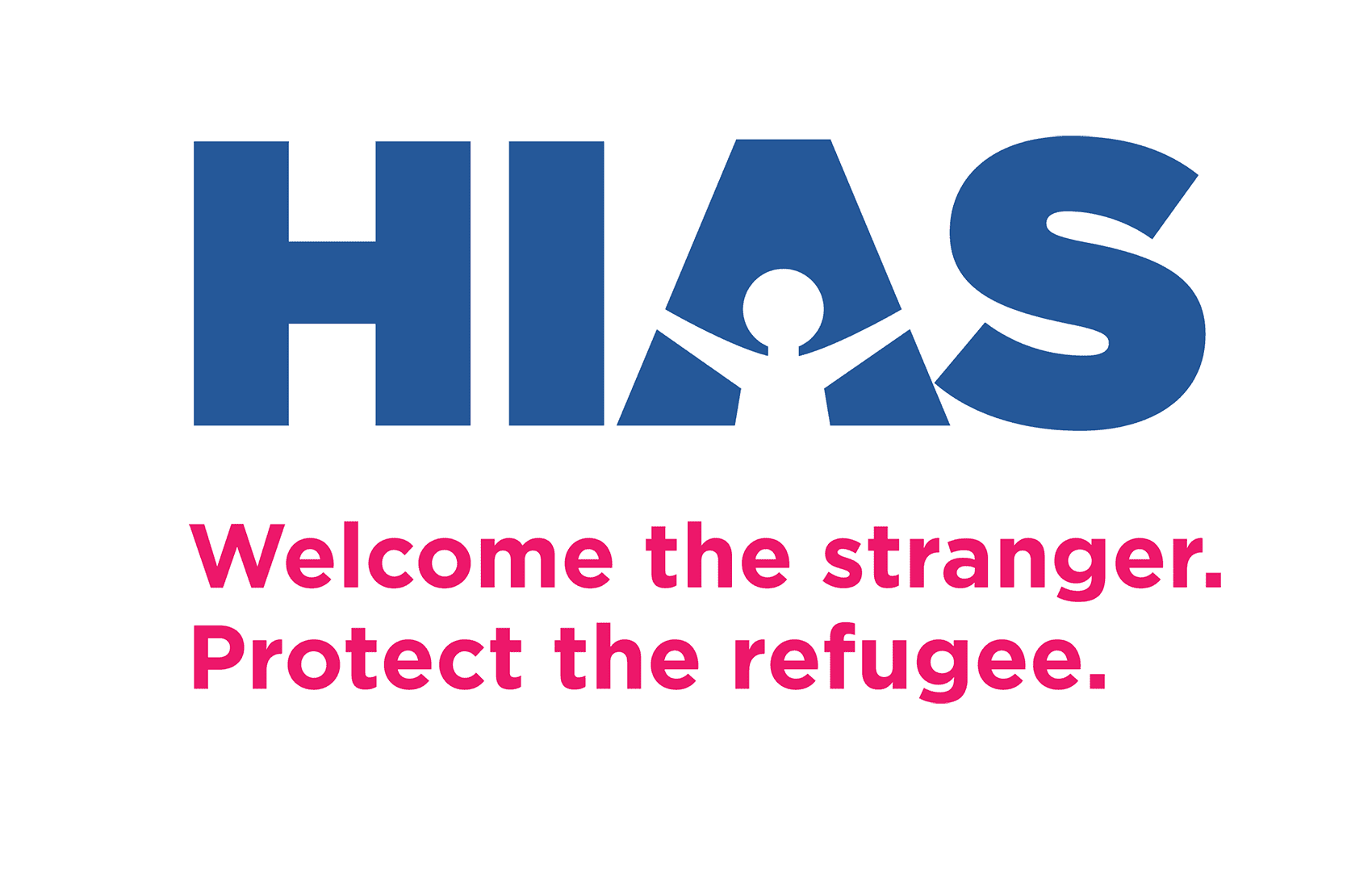
Jan 10, 2023
Seeking Asylum at the U.S.-Mexico Border: New Year, Same Crisis?
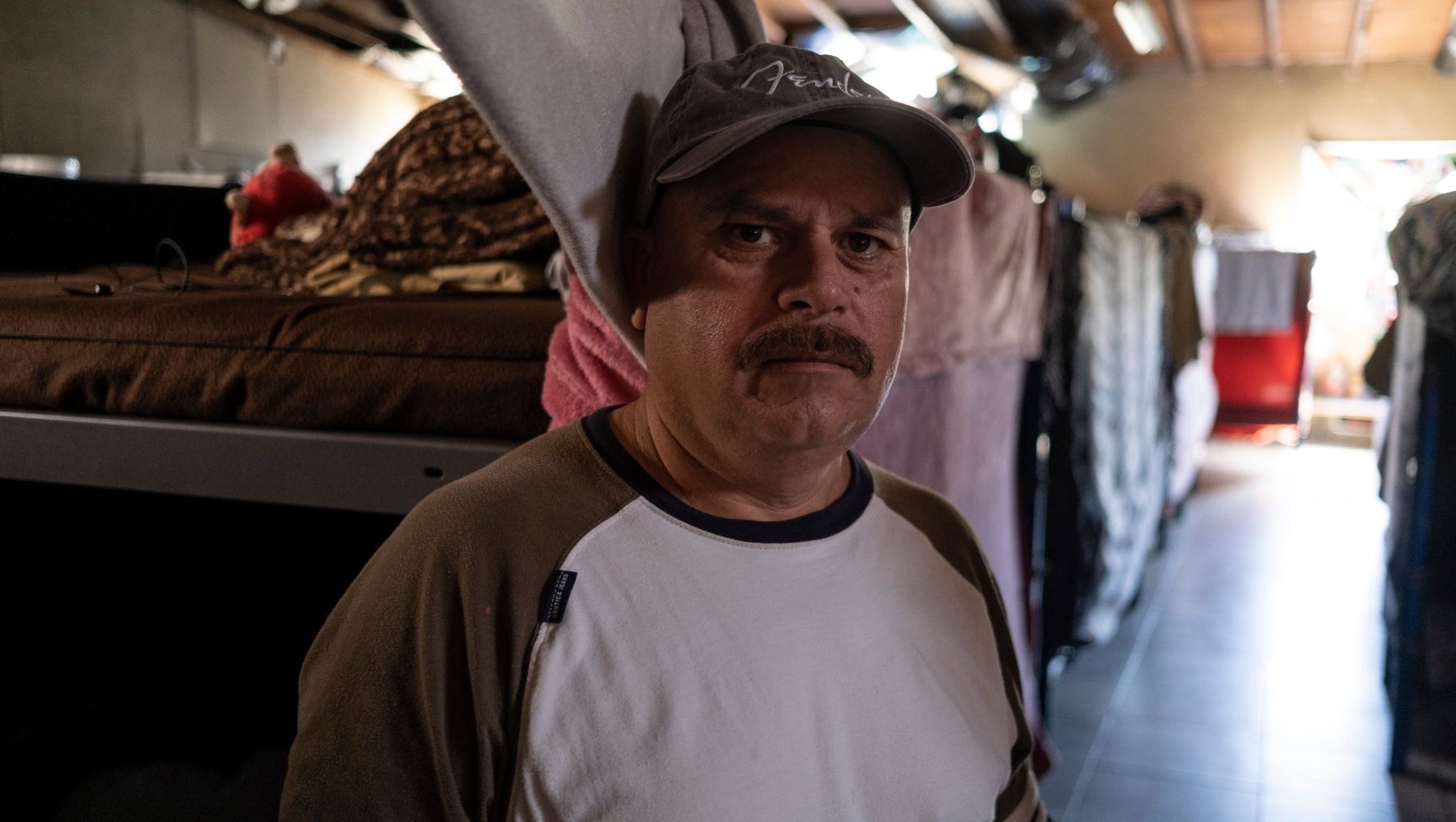
Dec 23, 2022
Hope, Faith, and Life at the Border: Rabbis Bear Witness
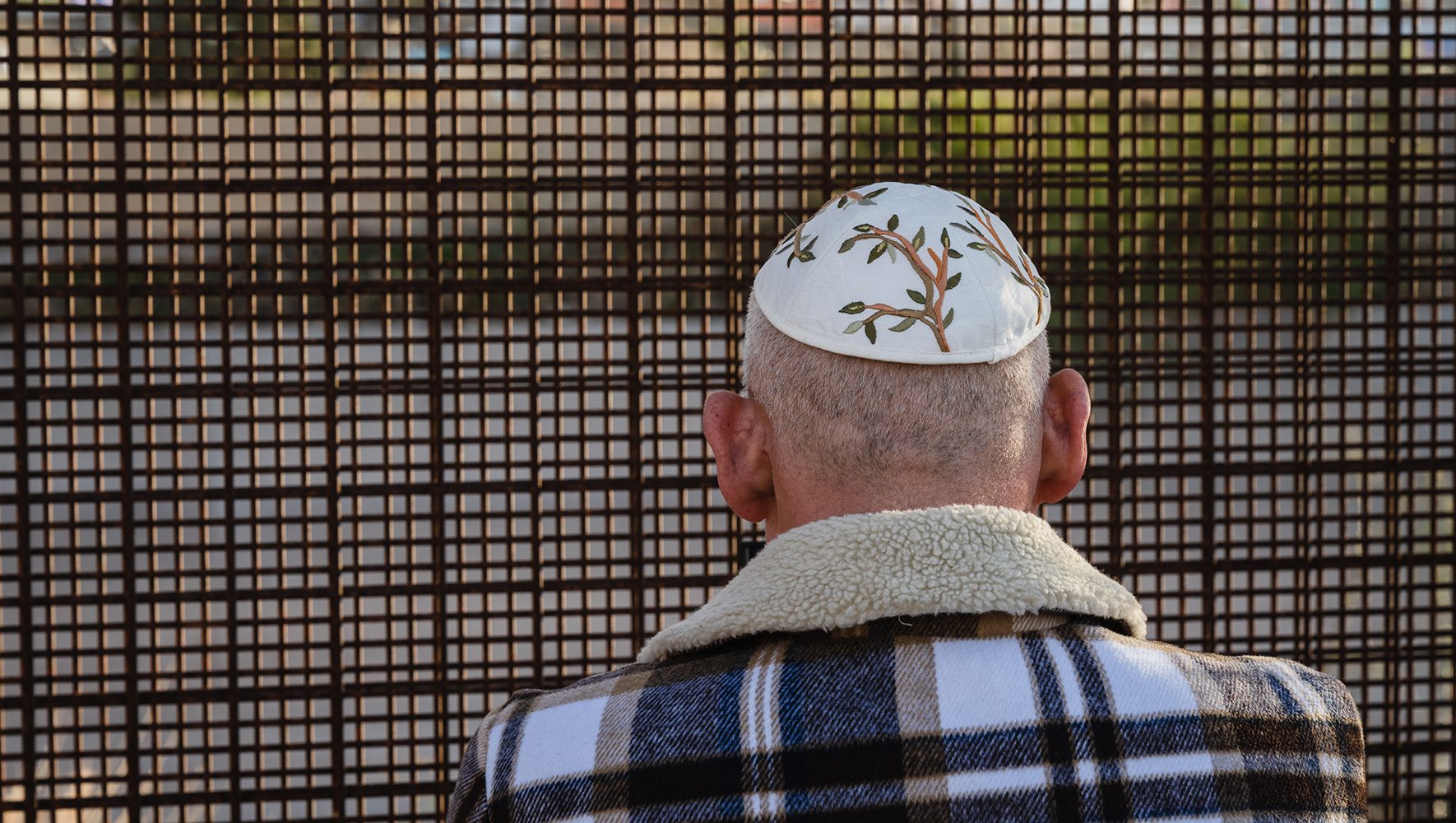
Nov 18, 2022
Is This the End of Title 42?
